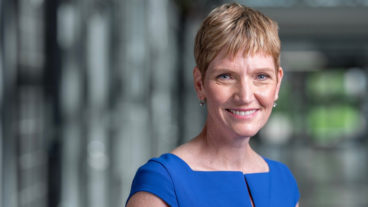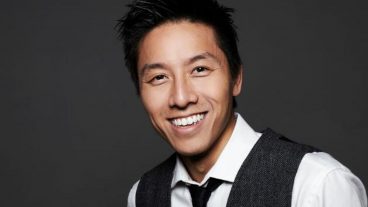By 2030, technology could replace up to 800 million jobs. While at first this number may seem jarring, futurist Sinead Bovell says this statistic is far from bleak. Instead, it’s an opportunity to create a more socio-economically inclusive workforce.
In an article for the Globe and Mail, Sinead explored the intersection between technology and equality specifically looking at how artificial intelligence can help accelerate equality in our workforce.
Right now, resumes and opportunities mirror privilege, Sinead writes. Throughout much of the past century, a person’s success could be largely determined by their socio-economic circumstances at birth. Studies have shown that children born into middle-class homes have greater access to opportunities, like good schools and financial support, that directly correlate with a successful career.
“These advantages are compounded when it comes to hiring for jobs out of post-secondary school,” Sinead says.
However, the future of work — the fourth industrial revolution as some call it — presents an opportunity for a fairer system to assess job applicants, one based on skills.
Our traditional model of learn-work-retire is quickly becoming outdated. The future of work will require workers to constantly adapt and learn new skills to keep up with advances in technology, machine learning, AI, etc. to remain employable. Right now, Sinead writes, as technology advances, our technical skills depreciate at a rate of 50% every five years.
This means that adaptability will be the in-demand skill of the future of work, with IBM rating it as the most important skills executives will look for from their employees in the future in a recent study.
“As a result of all of these changes…” Sinead writes, “we’ll have to learn and unlearn throughout the majority of our working lives. This changes the formula from front-loading education early in life to a life of continuous learning. It also places skills, like that of adaptability mentioned above, more centrally as the currency of labour.” This, she continues, will lead to more inclusive opportunities for career advancement.
Of course, having a more inclusive job-fit assessment infrastructure will also require action from government and employers, Sinead writes, including:
- More government support for families in socioeconomic positions to provide them with the resources needed to build strong work-related skills, including access to broadband and digital devices.
- More intentional recruiting practices by companies that look beyond traditional hiring pools, such as university campuses.
- Legislation that protects and supports workers through this transition. “This type of legislation,” Sinead writes, would include new benefit systems that protect workers in non-standard forms of employment, such as gig work and freelance jobs (which will soon make up a significant portion of the workforce); subsidized programs for upskilling, reskilling, and lifelong learning; and policies that more fairly distribute the gains reaped by those shaping the digital future.” Without proper legislation, she continues, we risk expanding the existing digital divide for marginalized communities.
There’s no question that advanced technologies will revolutionize the way we work. The future of work is filled with potential, but it’s up to us to use this, Sinead writes, as an opportunity to build a tech-centric society that works effectively for everyone.
Read more from Sinead here.
A five-time United Nations speaker, Sinead Bovell is on a mission to bridge the gap between young entrepreneurs and the digital future. As the founder of WAYE, she helps prepare business leaders for a world radically transformed by technology through focusing on non-traditional and minority markets.
Interested in learning more about Sinead and what she can bring to your next event? Email us at [email protected].




